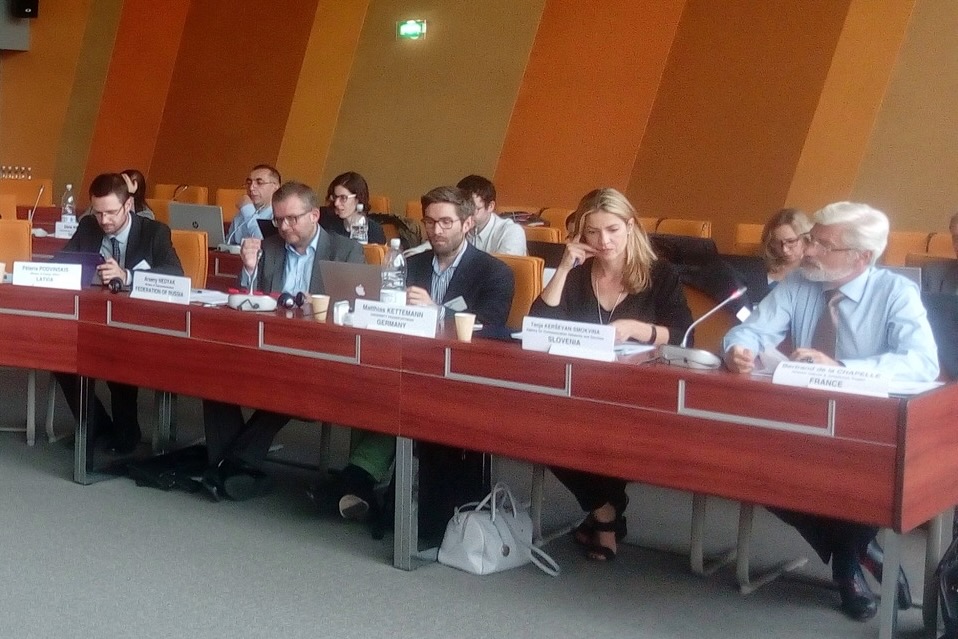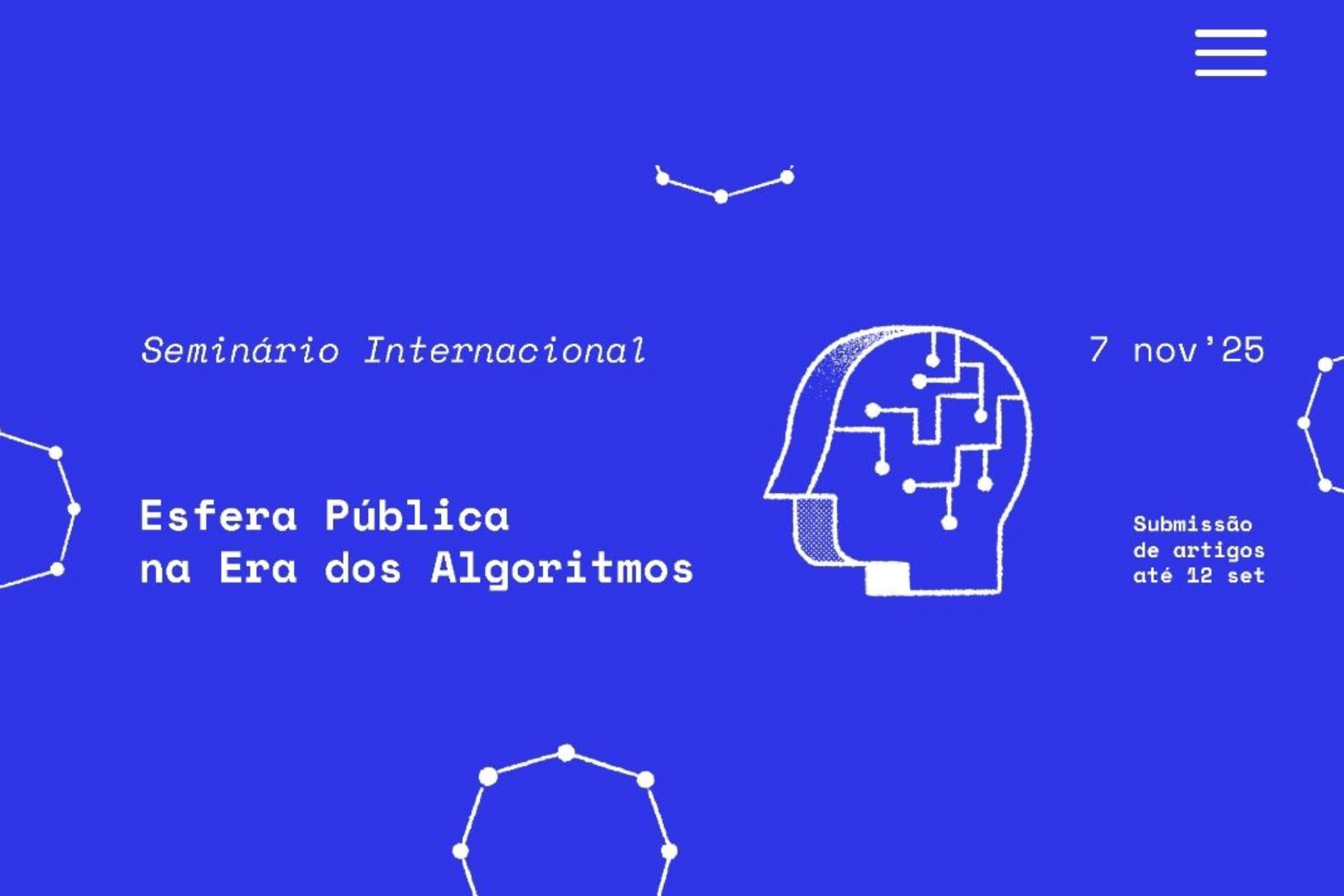Our research explores the economic, political, social and cultural determinants and consequences of social communication in mass and especially digital media, in national and international contexts. The research program includes the study of phenomena of publicness and the public sphere, political communication, journalism, journalistic professionalism and ethics, lifestyles and media consumption, and history of (Slovenian) media.
Latest updates
February 19, 2026

CDK Member Tanja Kerševan Appointed to the Council of Europe Committee of Experts on Media Regulators in a Platform-Based Environment Assistant Professor Tanja Kerševan from the Social Communication […]
February 9, 2026

New Edited Volume: Rethinking Media and Communication: A Critical Sociological Lens We are pleased to announce the recent publication of Rethinking Media and Communication: A Critical […]
December 9, 2025

Slavko Splichal’s Lecture at University of Coimbra We’re happy to share Slavko Splichal’s lecture at an international seminar “Esfera Pública na Era dos Algoritmos”, University of […]
November 20, 2025

The Gig Public: New Book by Slavko Splichal A new book by Slavko Splichal, The Gig Public: AI-Driven Contractual and Habitual Performativisation of Publicness, has been published […]


